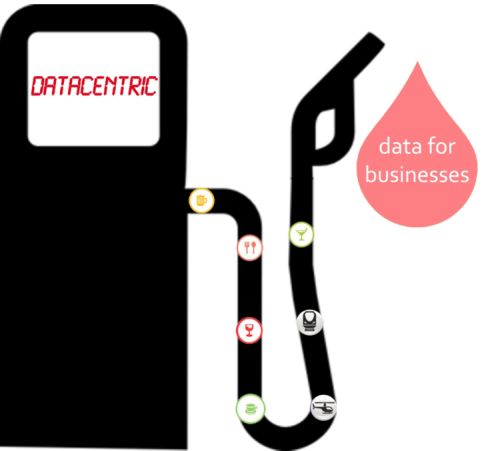Home > Blog > Fuel for mobility, data for profitability
Fuel for mobility, data for profitability
At a gas station, “fuel” is the common interest for both consumers and fuel suppliers. It is this required supply of fuel that runs our vehicles efficiently. Likewise, businesses today have access to unlimited data derived from multiple sources. However, accessing the right data at the right time to make the best decisions is necessary for business expansion, resource planning and profit making.
Such a need could only be fulfilled when “data” becomes the common interest between the consumers and suppliers. As fuel is mandatory to run vehicles, data is essential for companies to run their business profitably. With more global brands such as Starbucks, Carrefour, etc intending to go local each day, to reach out to their customer base, to understand consumer behaviors and spending patterns, location based data collection and its usage has become the need of the hour.
The International Telecommunications Union (ITU) had projected the number of mobile subscriptions worldwide to be 6.8 billion as of February 2013, which is 96% of the World’s population (source:mobiThinking). Also, according to Balihoo, 74% of smartphone users today use location based services.These numbers speak volumes about the rapid surge in the importance of location based data and gives businesses all the more reasons to invest in this data.
DataCentric hand-holds businesses in both collection and understanding of such location based data. The location based services market is growing rapidly and will only see further growth. It is one of the emerging strategies being adopted by businesses to understand and target their customers. 
También te puede interesar:
 Marketing facts and statistics you should bear in mind
Marketing facts and statistics you should bear in mind
 Are you selling to industrial companies?
Are you selling to industrial companies?
 Tinsa acquires the data and technology company DataCentric
Tinsa acquires the data and technology company DataCentric
 Portrait of Spain according to its brands and consumption
Portrait of Spain according to its brands and consumption
 WHAT IS A DATA LAKE AND HOW CAN I MAKE THE MOST OF IT?
WHAT IS A DATA LAKE AND HOW CAN I MAKE THE MOST OF IT?
 The Big Data Trends You Should Understand for 2022
The Big Data Trends You Should Understand for 2022







